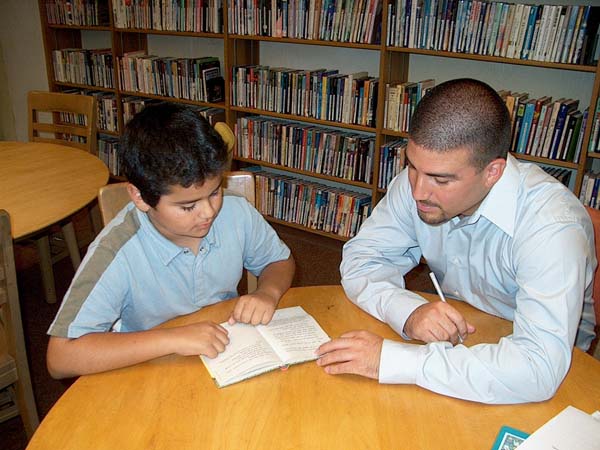When I first began tutoring students in English, I expected that I would be helping them in a variety of areas. I knew that some of these would perhaps include revising the basics of Grammar, building vocabulary and aiding in comprehension and analysis of texts. The one thing that I did not expect however, is that my job as a tutor would also incorporate building the self-esteem of my students.

Discovering more
So I began to have conversations with my students that challenged these deep-seated beliefs. I would ask questions like ‘why do you think you are stupid?’ and, ‘why do you think you are not good at English?’ We began to discuss other reasons that could be responsible for their poor marks other than lack of intelligence. I eventually began to see a pattern in the information I was obtaining and concluded that there were two main reasons why such bright and capable students were receiving such poor results. The first was that often the curriculum had been rushed through too hastily and students had not been given adequate time to grasp key concepts and once the student had fallen behind, the speed of the system had made it almost impossible for them to catch up.
The second reason was that often that particular child’s learning style had not been catered to, either by an individual teacher or the school system as a whole. Though researchers have identified eight different types of intelligence (that is different ways of using the brain) our school system, unfortunately, only tends to cater to two of them, the Verbal-linguistic and the Logical-mathematical.[1] I began to raise all of these factors with my students and once they began to realise that there were practical reasons for their struggles and that they were, in fact, capable of understanding the work, I began to see transformations take place.
Also read: Online Tutoring
The most amazing part of my job is when I see that light come on in their eyes, that light that says ‘Wow! I’m not stupid. I can actually do this!’ Once the wall of self-deception has been broken down anything is possible. For as long as a student has become convinced that they are stupid, learning will never be an easy task but remove those blinkers, and they become free to run wherever the joys of knowledge beckon them.
[1] Maggie Clark, Sharon Pittaway, Marsh’s Becoming a Teacher, New South Wales, Pearson Australia, 2014, pp.249-251
